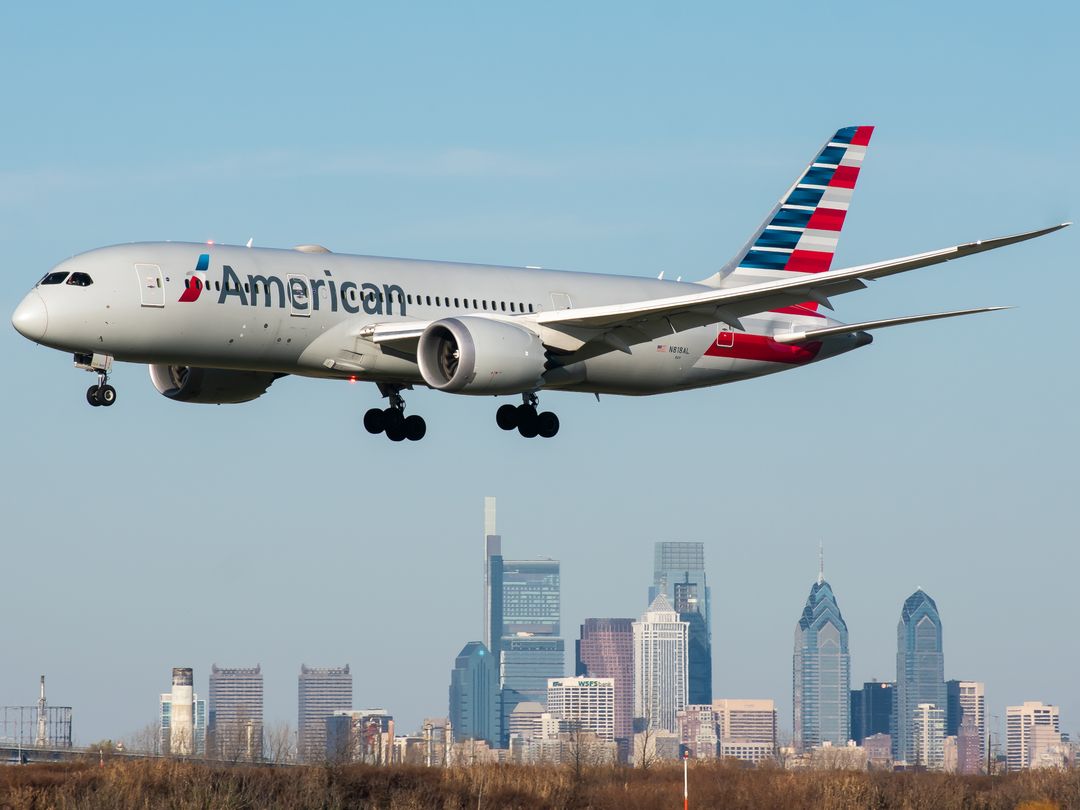The Federal Aviation Administration (FAA) has raised concerns about the possibility of water seeping into the electronic systems of Boeing 787 jets due to faucet leaks, which could pose a safety hazard during flights.

In response to the issue, the FAA has suggested that the aircraft undergo repetitive inspections and replace any leaking faucet parts, reported the A.P. News. This decision was made following reports of water from lavatories penetrating the cabin floor and entering electronic equipment bays.
Boeing 787 Leaky Faucets
FAA further said that the leaking faucets in Boeing 787 aircraft could potentially cause harm to crucial equipment and jeopardize safe flight and landing. The U.S. aviation regulator has proposed ordering repetitive inspections and replacing faucet parts if leaks are detected. The Dreamliner is quite revolutionary in that it relies almost entirely on electrical systems to power the aircraft, unlike most others that may rely on pneumatics and bleed air in addition to electrical power.
In addition, the agency reported that an airline discovered wet carpeting in the cockpit of one of its planes and discovered "multiple" aircraft with leaking faucets when it inspected its entire fleet of 787s, though the airline was not identified.

Boeing Comments
In November, Boeing alerted airlines about the faucet leak issue, which was found to originate from a slow leak from an O-ring seal, resulting in about 8 ounces of water per hour. Boeing claimed that the problem was limited to specific 787s, while the FAA's mandate would apply to all 787s.
The FAA declared that the additional inspections were temporary, and the manufacturer was redesigning the faucet modules.
According to a Boeing spokesperson, the redesign is finished, and the company is collaborating with its supplier and clients to determine when the planes can be retrofitted with new parts.

Bottom Line
Jamco, a Japanese aircraft parts manufacturer, claims to be the sole provider of lavatories for all twin-aisle Boeing planes, including the 787, on its website but did not provide an immediate comment.
The FAA proposal will undergo a 45-day comment period before it becomes a final order. The order would affect 140 planes in U.S. fleets. FAA concerns over production defects have caused several delivery pauses in the last two years, but deliveries resumed after the most recent suspension.
Western Canada’s First Direct Gateway to the UAE » VIDEO: 6 Injured After Car Crashes Into DTW Check-In Counters » Why British Airways BA274 Braved the Atlantic After Losing a Tire »
Comments (0)
Add Your Comment
SHARE
TAGS
NEWS Boeing Boeing 787 Dreamliner FAARECENTLY PUBLISHED
 Trump to Decertify Bombardier Global Express Over Gulfstream Dispute
President Donald Trump announced on Thursday that the United States is moving to decertify Bombardier Global Express business jets. The declaration serves as the opening salvo in a high-stakes standoff over international aviation approvals following delays in Gulfstream G800 certification.
NEWS
READ MORE »
Trump to Decertify Bombardier Global Express Over Gulfstream Dispute
President Donald Trump announced on Thursday that the United States is moving to decertify Bombardier Global Express business jets. The declaration serves as the opening salvo in a high-stakes standoff over international aviation approvals following delays in Gulfstream G800 certification.
NEWS
READ MORE »
 East Asian Aviation Crisis Deepens as China Suspends 49 Major Air Routes to Japan Amid Diplomatic Tensions
The skies over the East China Sea have grown significantly quieter this week. As of January 29, 2026, a localised diplomatic dispute has spiralled into a full-scale aviation shutdown, with Chinese carriers officially suspending operations on 49 major air routes connecting mainland China and Japan.
STORIES
READ MORE »
East Asian Aviation Crisis Deepens as China Suspends 49 Major Air Routes to Japan Amid Diplomatic Tensions
The skies over the East China Sea have grown significantly quieter this week. As of January 29, 2026, a localised diplomatic dispute has spiralled into a full-scale aviation shutdown, with Chinese carriers officially suspending operations on 49 major air routes connecting mainland China and Japan.
STORIES
READ MORE »
 Western Canada’s First Direct Gateway to the UAE
Aviation history was made at the base of the Calgary Tower this morning, January 29, 2026, as Etihad Airways and Calgary Airports officials gathered to announce the first-ever nonstop flight between Western Canada and the Middle East.
ROUTES
READ MORE »
Western Canada’s First Direct Gateway to the UAE
Aviation history was made at the base of the Calgary Tower this morning, January 29, 2026, as Etihad Airways and Calgary Airports officials gathered to announce the first-ever nonstop flight between Western Canada and the Middle East.
ROUTES
READ MORE »



